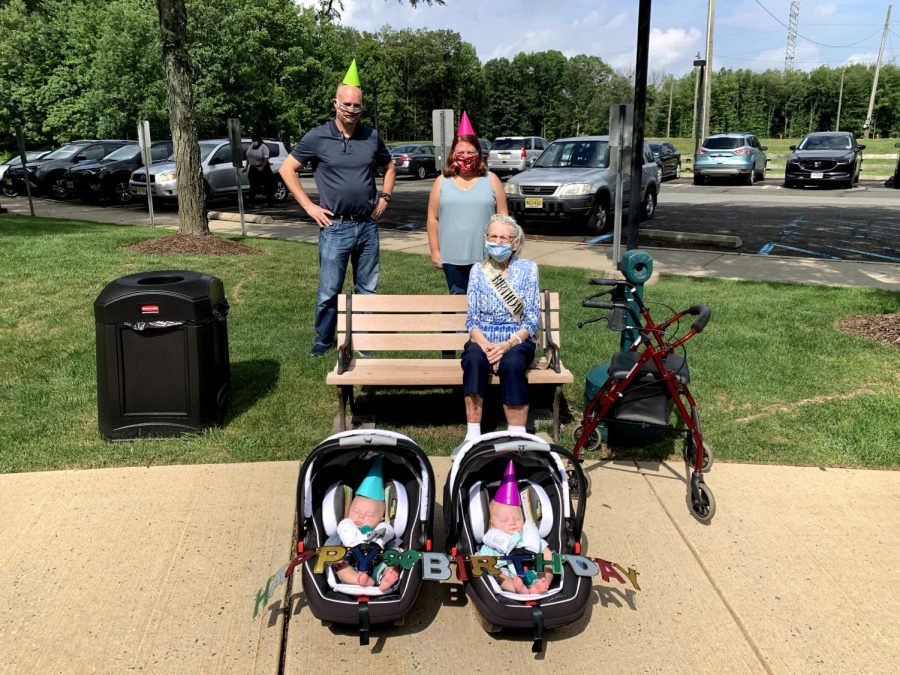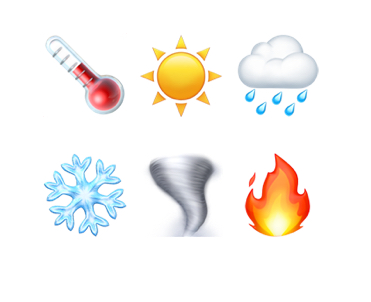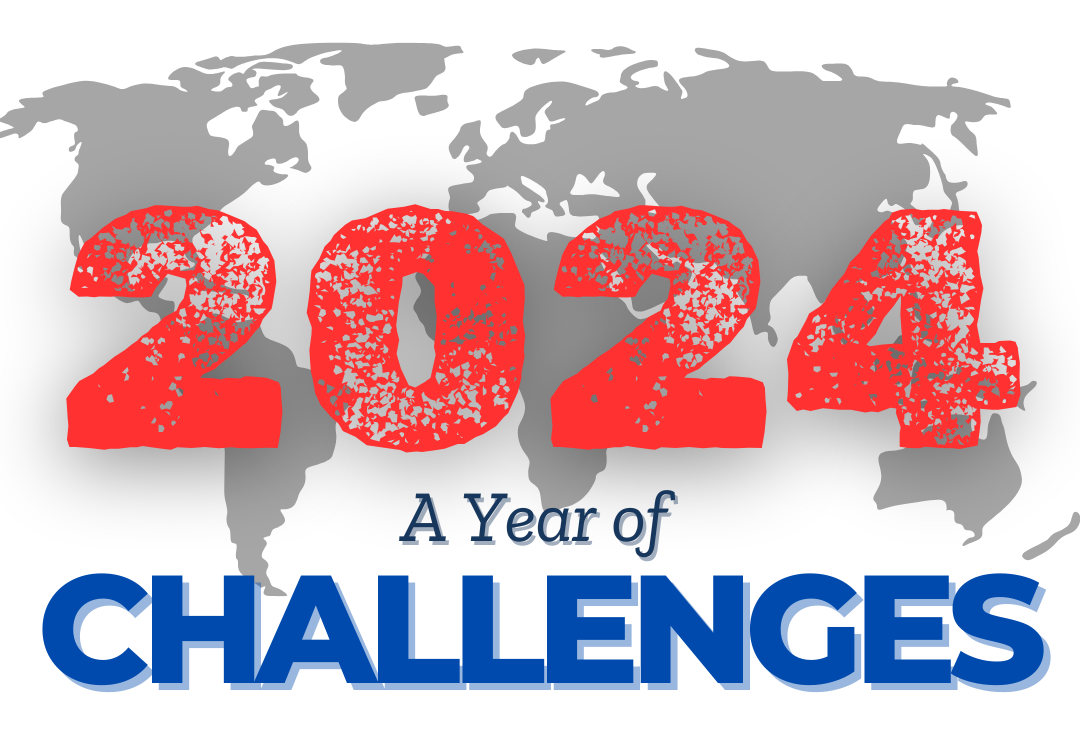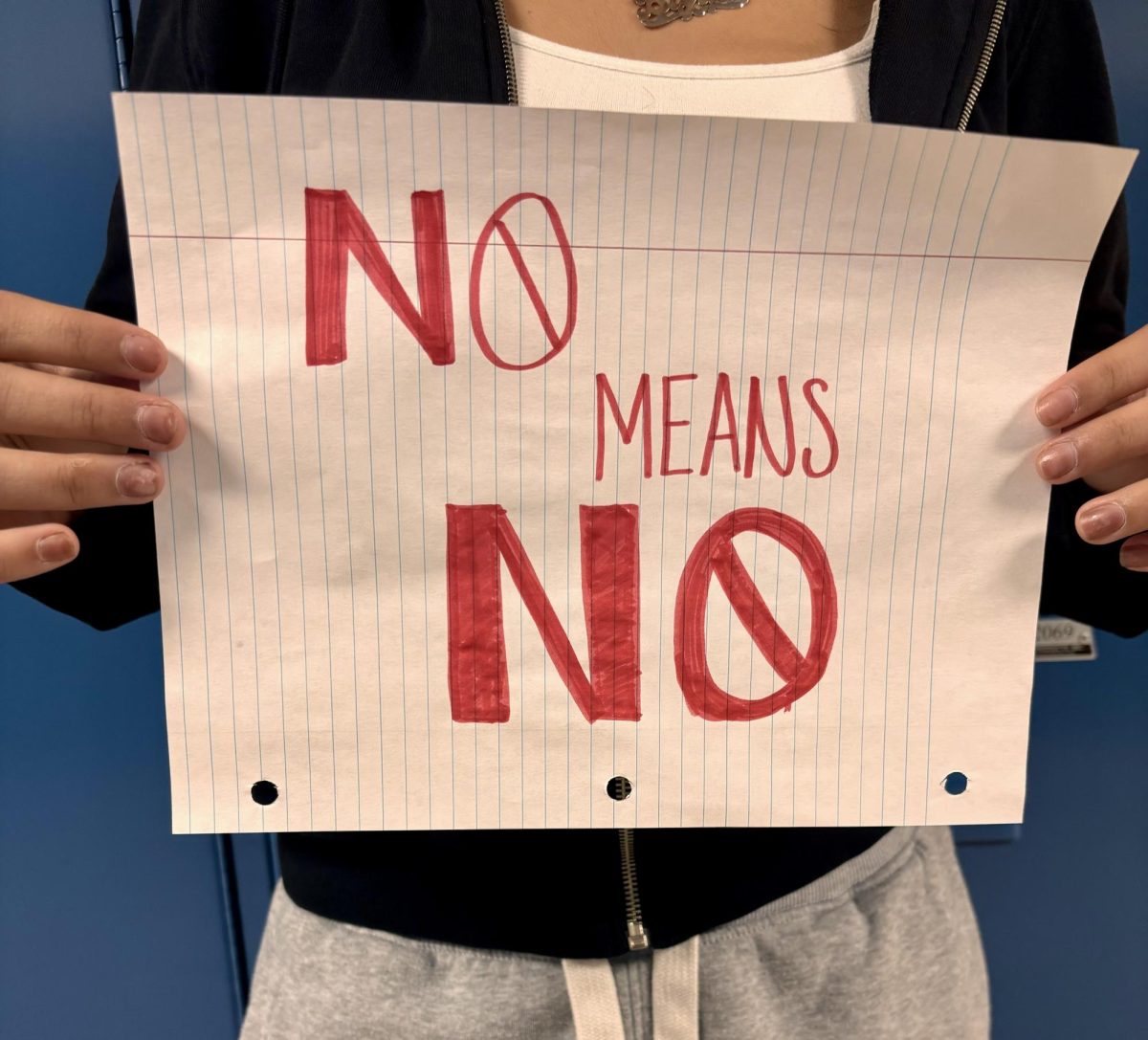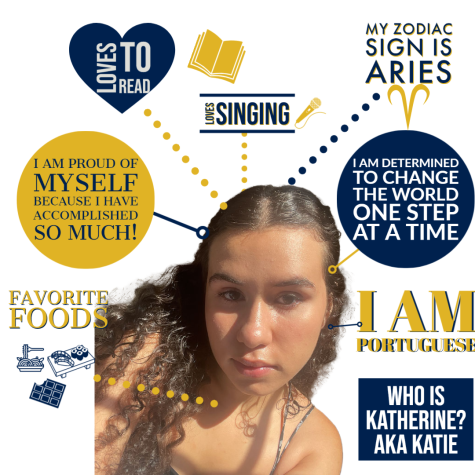Undoubtedly, the coronavirus has had a detrimental effect on the mental and physical well being of millions of people around the world. This global pandemic has created psychological scars in people of all ages and backgrounds, more specifically, the elderly population.
COVID-19 in the U.S.
COVID-19 cases in the United States have been increasing at a terrifying rate. The New York Times reports, “case numbers in the United States have been spiking for weeks. Weekly infection reports reached record levels in more than half the country in early November. At least 464 new coronavirus deaths and 103,657 new cases were reported in the United States on Nov. 8.”
This pandemic is showing no signs of slowing down as it continues to spread like wildfire in our country. Although individuals of all ages can be harmed by this pandemic, it is common knowledge that senior citizens are most at risk both physically and mentally. According to the Centers for Disease Control (CDC), “Social isolation was associated with about a 50% increased risk of dementia and other serious medical conditions.”
Indeed, many elderly people have suffered immensely from the effects of COVID-19, including, Anna Ricca, who is 76 years old. When asked about the effect of the virus, Mrs. Ricca immediately said, “It has definitely slowed me down because I can’t go to work. It’s a financial hardship for sure. A constant worry.” On the topic of isolation from friends and family, Mrs. Ricca stated, “Isolation is very scary and very stressful – you’re not free to have company over anymore – it’s very tough. I never remember anything like this – all the deaths! So very stressful.” Most of these past few months have certainly been very difficult for our elderly population.
COVID-19 in Assisted Living
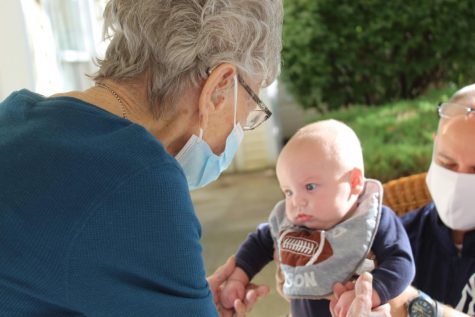
Mrs. Danielle Allen, English teacher at Colonia High, has a 96 year old grandmother in an assisted living facility in Edison. From March through July, the only way she was able to see her grandmother was through the window of her third floor bedroom. Allen added, “For months my grandmother was confined to her two room apartment. Food was brought to her but options were limited and most times by the time it was deliver, it was cold. She was washing her clothes in her sink since we couldn’t visit her and do her laundry.”
Patients like Allen’s grandmother in assisted living facilities went from having hot meals in a dining hall, movie nights, bingo and socializing with others to complete lockdown with limited human interaction and weekly COVID-19 tests. “Her safety is clearly important but I wonder at what cost,” Allen added. Since the lockdown in March, Allen explains that her grandmother’s memory has diminished. “I’m fearful if there is another shutdown and I can’t see her weekly that she will forget me and my children.”
COVID-19 in Portugal
The isolation created by COVID-19 is not only existent in the United States. Senior citizens worldwide are suffering just as much from it as well. The situation in Portugal is currently extremely high risk according to the CDC, “COVID-19 risk in Portugal is high. CDC recommends travelers avoid all nonessential international travel to Portugal.” As of November 9, 2020, there has been a significant increase in daily numbers of COVID-19 in Portugal with Reuters noting that “COVID-19 infections in Portugal are at their peak — the highest daily average reported — now at 5,224 new infections reported each day.”
Hazel Gomes, an 84 years old woman who is currently living in Portugal, described the effect that this pandemic has had on her, “It’s been very difficult because not only am I isolated from you, but from the family that we have here. No one has been able to come over like before this virus started. Now it’s worse because the cold is here and I barely go outside. It’s just too scary to think your family members or friends can actually have this thing without knowing it.”
She also noted how she truly feels about being alone, “It’s a feeling that I never thought I would experience in my life. I want to desperately be with our family and friends but I can’t and they won’t come over because it’s too risky.”
Staying Connected
As a final note, COVID-19 has proven to be a very difficult enemy to beat in today’s day and age. A vaccine has not yet been approved. Medical heroes continue to try and combat this virus with the only weapons they have. Weapons like medicine already used with other illnesses such as steroids for asthma. We can all be heroes by using Facetime and social media to help our loved ones cope with isolation. They need us now more than ever. And let’s not forget that if social media is not available, then we can always reach out and make a simple phone call or write a letter.




